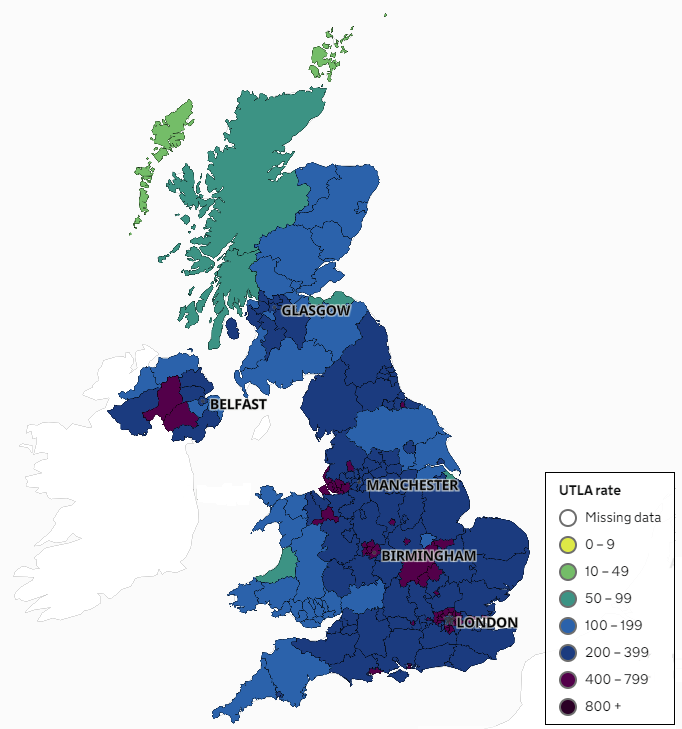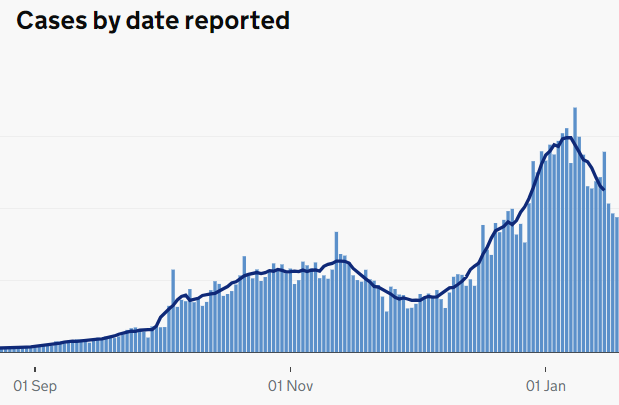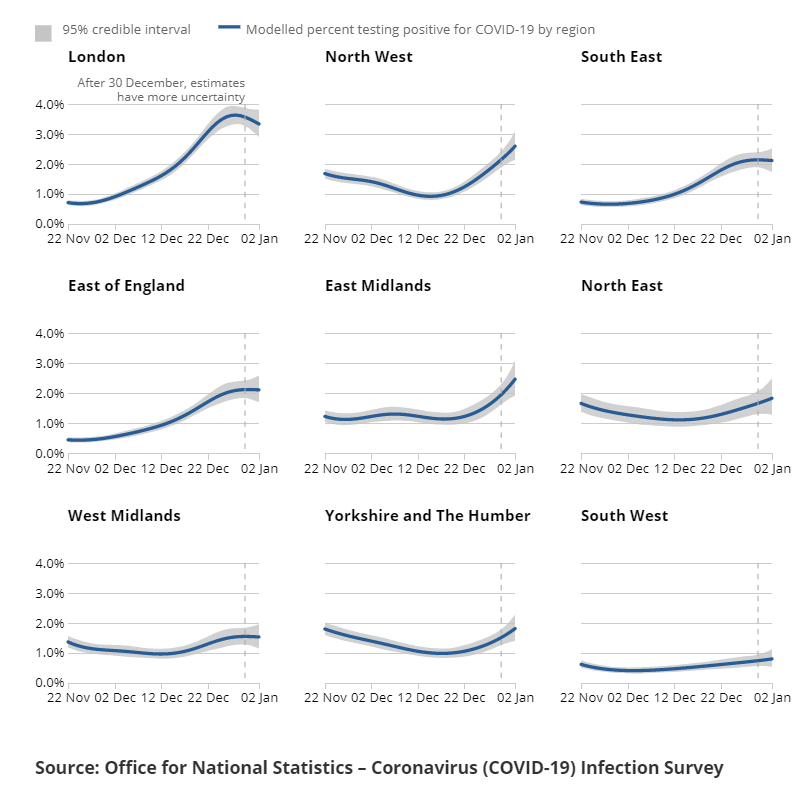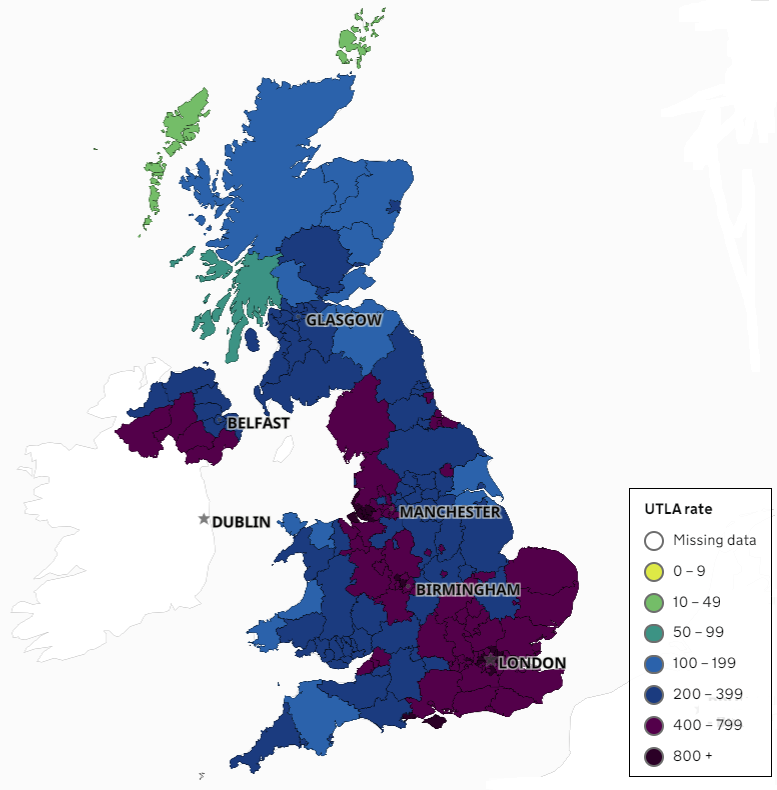
New coronavirus infections are decreasing and 14 million people in the UK have received one vaccine dose. But the sitrep is that hospitals are still caring for 24,352 COVID patients – more than at the peak of the first wave. NHS staff cannot rest yet. 1/8 bbc.co.uk/news/health-56…
Despite the absurd claims of COVID sceptics, we have seen a huge number of excess deaths in the past 12 months, and well above the five-year average mortality rate. COVID remains the leading cause of death right now – many amongst working age people. 2/8 
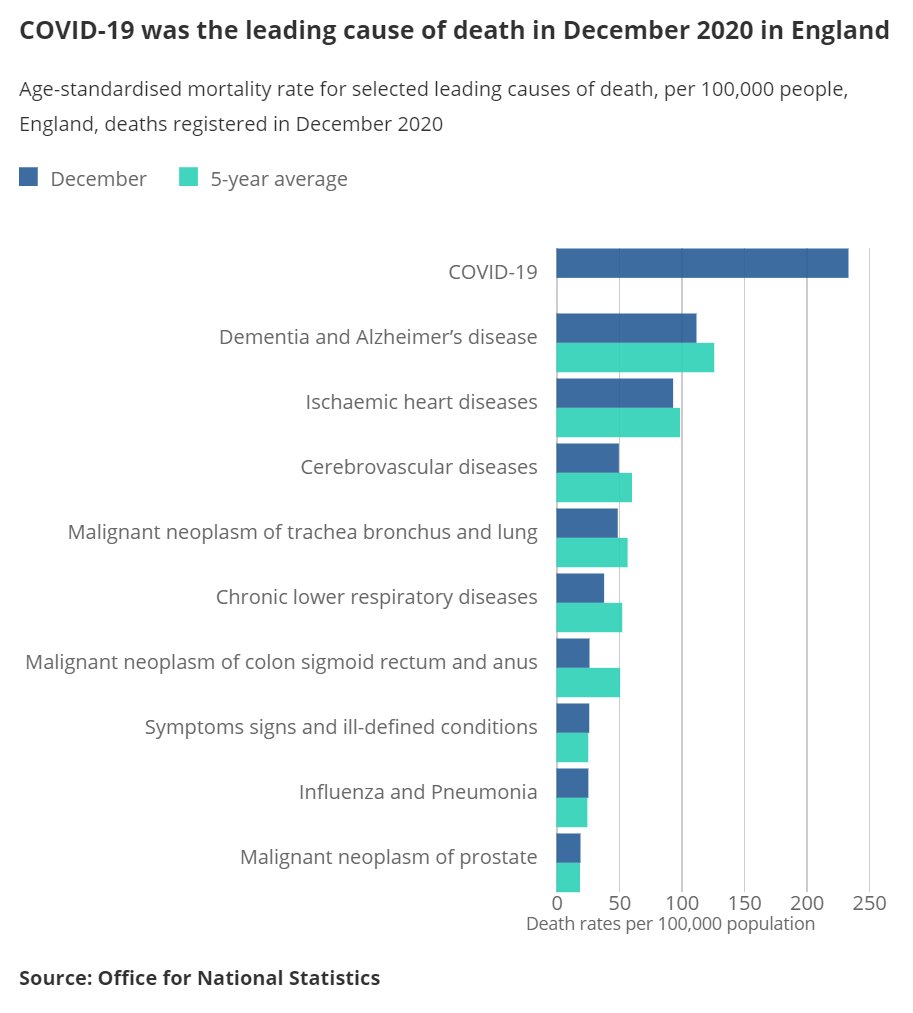
The pressure on the NHS remains extremely high and will be for months to come. This by @Zudin_P and @stevemathieu75 for @ICS_updates describing the vast effort needed to create extra Intensive Care beds across the UK. We still have more ICU patients than the first wave. 3/8 
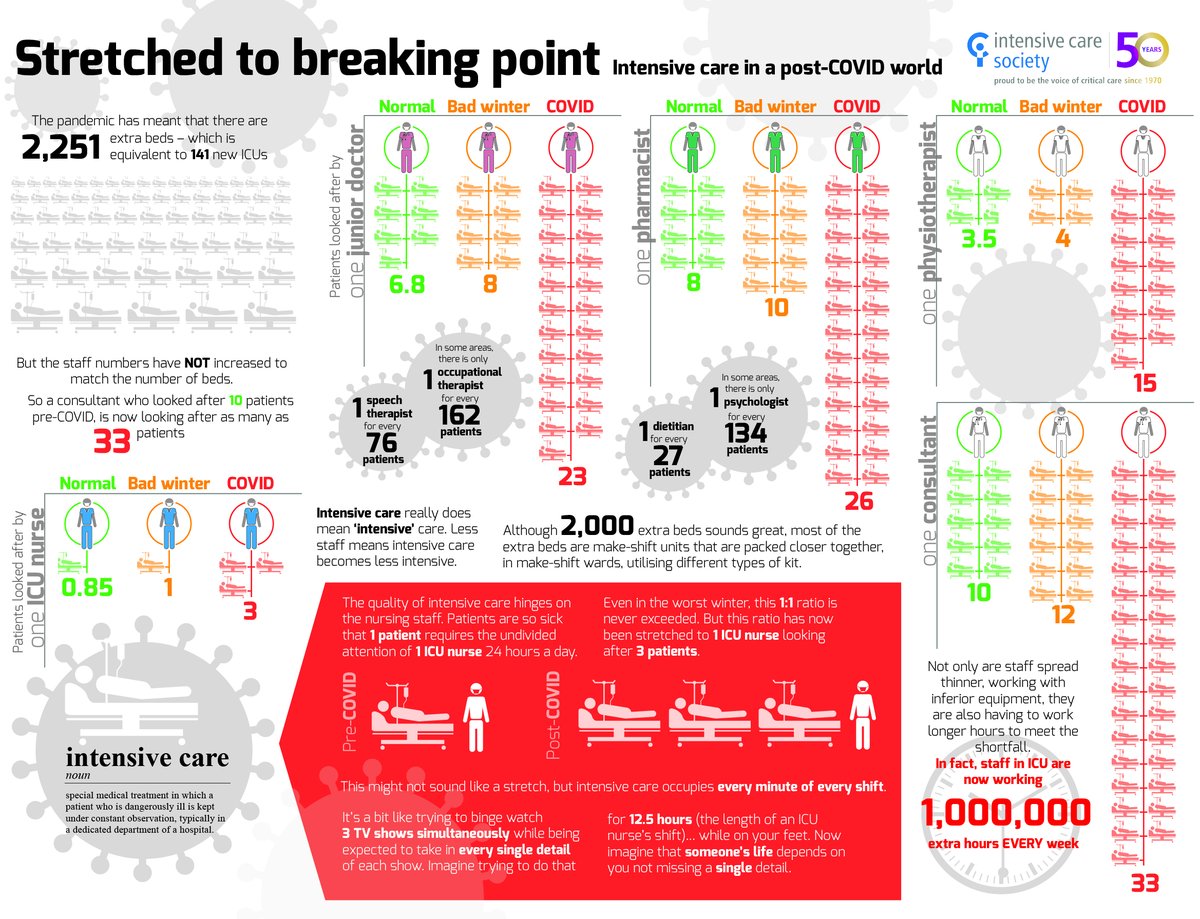
Of 5450 ICU beds in the UK, 3275 are occupied by a patient with COVID. The pandemic affects the healthcare any of us might need, at any moment, whether we are healthy or ill. Happily, most of us understand this. Compliance with public health measures remains high. 4/8 
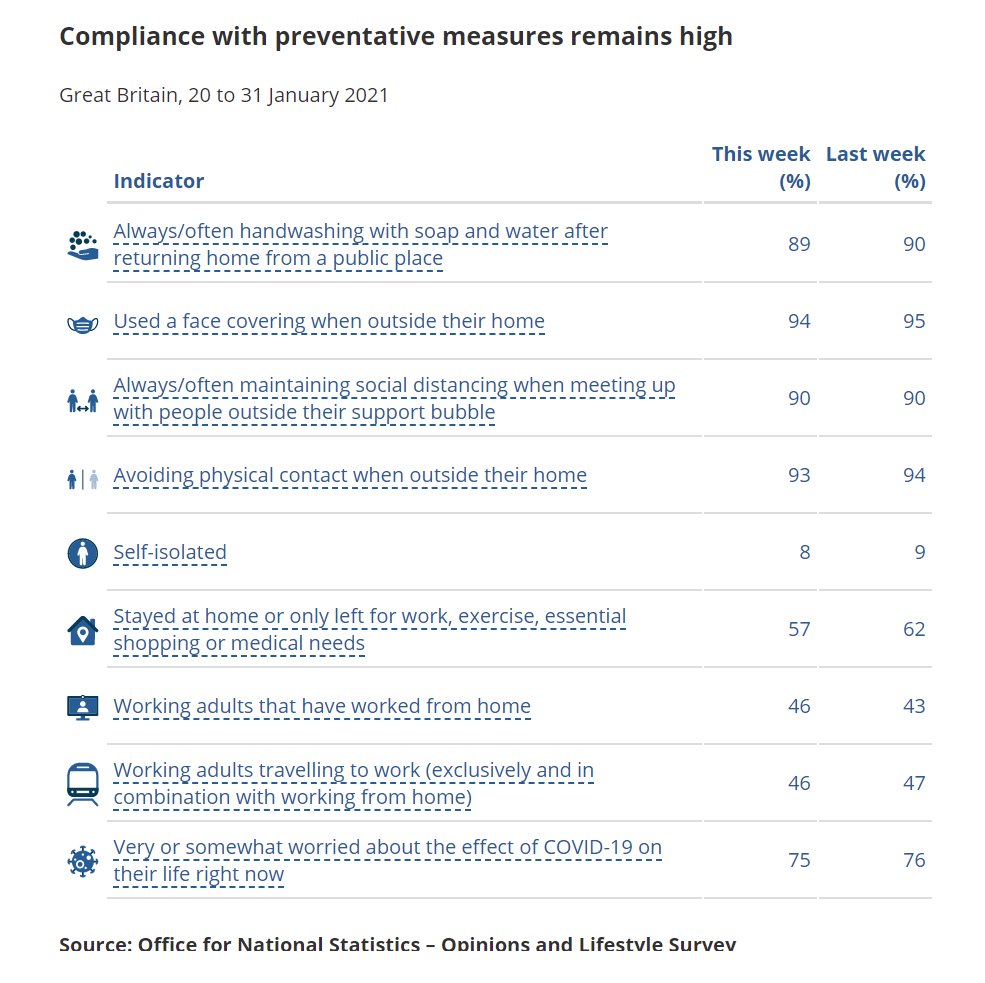
Lockdown has impacts on us all. As the situation drags on, we are increasingly unhappy. But the more the virus spreads, the stricter the rules needed to control it. Consistent low case numbers can only be achieved through consistent public health measures. 5/8 
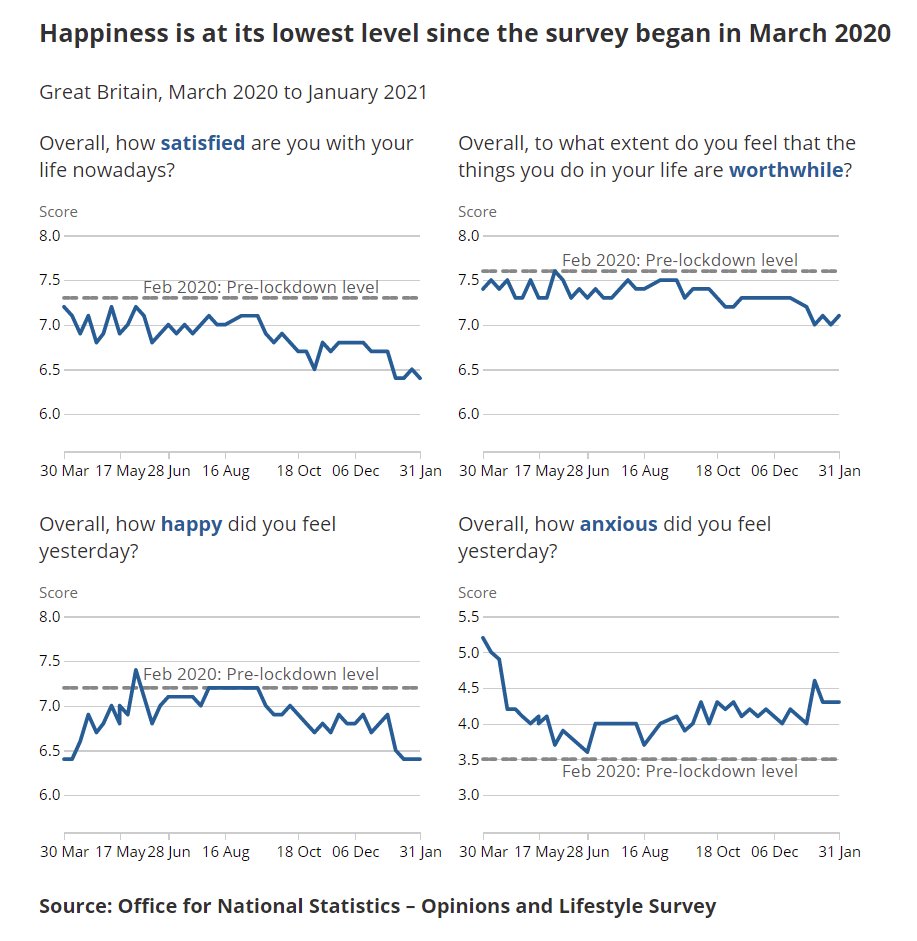
Coronavirus won’t go away just because we ignore it. Like the flu virus, SARS-CoV-2 develops mutations. New variants can be more contagious and more virulent (harmful). We have a different flu vaccine each autumn to tackle this, and we will likely need the same for COVID. 6/8
Doctors are worried that some MPs are pushing back hard on government public health measures, despite the situation in NHS hospitals. We’ve seen this many times in the past year, and not once did it work out well. Control of virus spread is the only path back to our freedoms. 7/8
Even as infection rates ease, we must respect public health advice as much as ever. I'm not sure NHS staff could cope with another big pandemic wave. Keep up the great work with #HandsFaceSpace. Tell your MP why. We can’t simply ignore the virus and expect all to be well. 8/8 
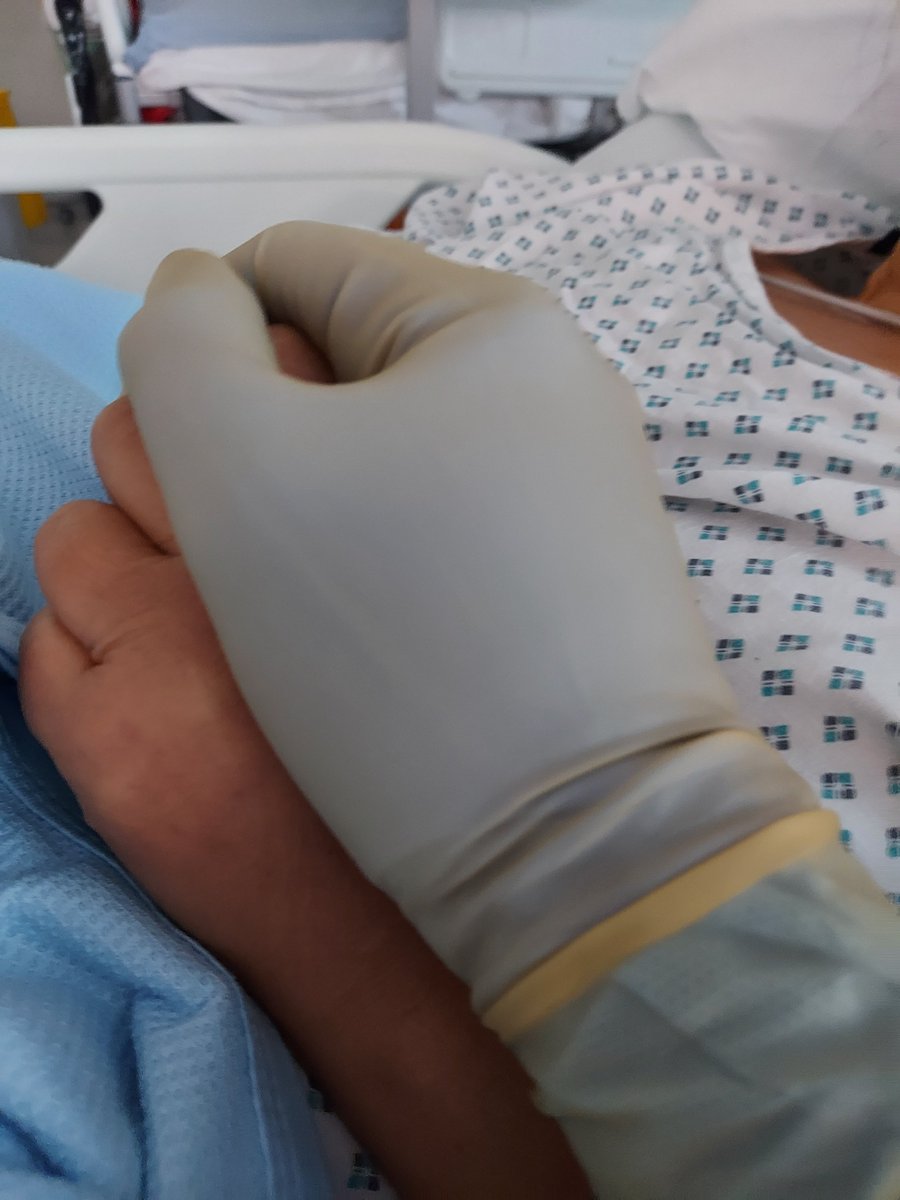
• • •
Missing some Tweet in this thread? You can try to
force a refresh

